
Inside Your Dog’s Overwhelmed Brain: The Science of Noise-Induced Focus Loss
Understanding how auditory overstimulation hijacks our dogs' neural pathways reveals that what looks like disobedience is actually a brain overwhelmed by competing signals.

Understanding how auditory overstimulation hijacks our dogs' neural pathways reveals that what looks like disobedience is actually a brain overwhelmed by competing signals.

Your dog's brain operates on a finite reserve of mental energy. Every command they process, every choice they make, and every new stimulus they encounter draws from this cognitive well.
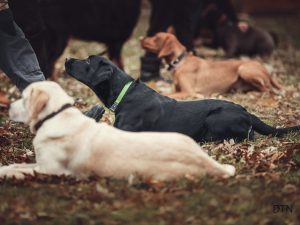
Cognitive saturation mirrors what humans experience after too much mental work. Just as our brains have processing limits, so do our dogs'.

The journey from reactivity to reflection isn't just about teaching commands. It's about understanding the remarkable neural architecture that governs your dog's decisions and learning.

Introduction: The Digital Revolution in Understanding Our Canine Companions Have you ever wondered what ... Read more
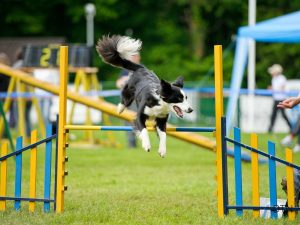
Yet modern canine science reveals a more complex truth: while walks provide essential movement, they often fall short of addressing your dog's complete needs.

Your rescue dog's brain carries an invisible map of their past. Trauma creates hyperactivation in the amygdala – that ancient alarm system screaming "danger" even in safe situations.

Did you know that your dog's brain craves mental stimulation just as much as their body needs physical exercise?

Introduction: Your Dog’s Hidden Intelligence Have you ever noticed your furry friend pause before ... Read more

Introduction: Beyond Simple Obedience Have you ever watched your furry friend vibrate with barely ... Read more
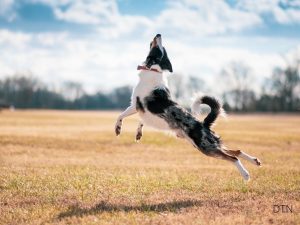
The journey from toy-driven excitement to purposeful training represents one of the most transformative shifts you can make in your dog's development.

Coming home to find your favorite couch torn apart can feel like betrayal from ... Read more

Introduction: Your Journey Begins Now Welcome to the transformative world of puppy training—a critical ... Read more

Have you ever called your dog during a thunderstorm only to be completely ignored?

Understanding Noise Phobia in Dogs If your dog transforms from a confident companion into ... Read more
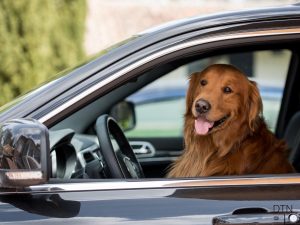
Motion sickness in dogs isn't just an inconvenience; it's a genuine welfare concern that can limit your dog's access to veterinary care, socialization opportunities, and family adventures.
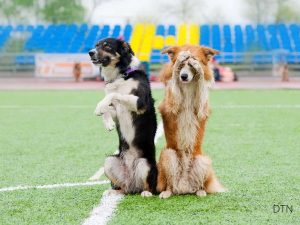
Have you ever wondered why some dogs thrive in seemingly unsuitable homes? Picture a ... Read more

The image of children and dogs as natural companions fills our cultural consciousness, but creating genuine harmony between them requires intentional effort, education, and ongoing commitment.

The open road calls, and your furry friend's tail wags with anticipation—or perhaps trembles with uncertainty.

Traditional training tells us dogs learn through simple repetition and rewards. But what if we told you that your dog's mind operates more like a weather system than a computer program?

This is cognitive conflict in action: when learned behaviors collide head-on with instinctual drives.

That sudden eruption of barking when someone approaches your home tells a story written over 15,000 years of evolution.

Recent veterinary research reveals that specific plant compounds can protect your dog's brain from aging, reduce anxiety, and enhance learning ability.

Mitochondria convert nutrients from food into ATP, the cellular fuel that powers everything from tail wags to complex learning.
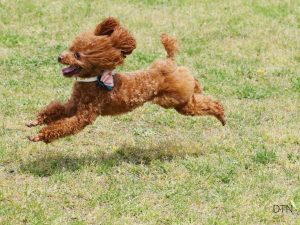
When recall fails, we're quick to label our dogs as stubborn or distracted. But here's what's really happening: your dog's brain is running a complex calculation.

Walking into a shelter, you're witnessing dogs at their most vulnerable moment—navigating an environment that challenges every aspect of their biology and psychology.

When we mistake frustration for aggression, we apply the wrong solutions, often making things worse.

That moment when you spot another dog approaching and your heart starts racing – you know what's coming.

Your dog knows you're coming home before you pull into the driveway. They head to their food bowl minutes before mealtime.

The traditional approach to dog training operates on a control paradigm – suppress unwanted behaviors, reward compliance, repeat until the dog submits.